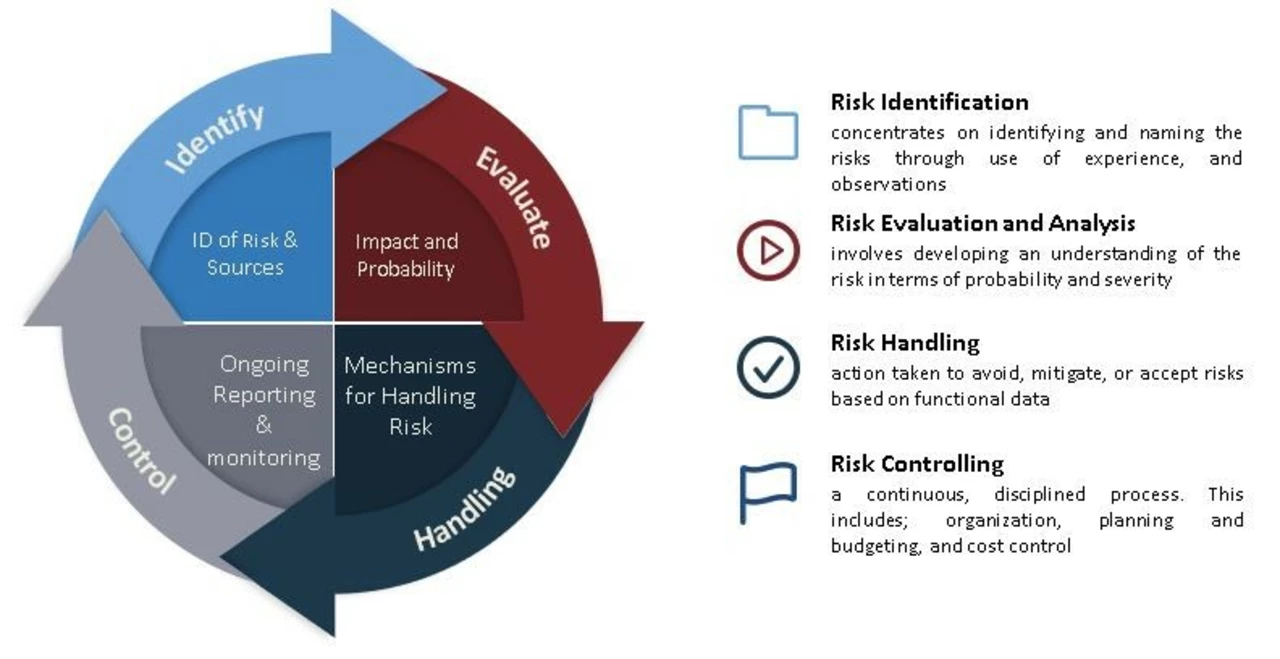Governments and Drug Access: What You Need to Know
Who decides which medicines are safe, affordable, and legal to buy online? Governments do. Their rules affect drug approvals, pharmacy licensing, import limits, copay programs, and telemedicine laws. If you buy meds online or try to save on prescriptions, understanding government role can stop costly mistakes and protect your health.
How governments shape drug prices and access
National agencies approve drugs (like the FDA, EMA, TGA) and set labeling and safety rules. They also control which drugs can be sold without a prescription and which require specialist oversight. Governments negotiate or regulate prices in many countries, and they create subsidy programs—think Medicaid, PBS, or national formularies—that cut your out‑of‑pocket costs.
Policy choices explain why the same inhaler or blood pressure pill costs differently in two countries. Patent laws and generic approvals determine when cheaper versions appear. During shortages or public health emergencies, governments can fast‑track approvals or limit exports to keep local supplies stable. That matters if you see warnings about online stores running low or offering suspiciously cheap brand drugs.
Practical tips when buying meds online or across borders
Check the pharmacy license first. Most countries publish a public list of licensed pharmacies and telemedicine services. If a site won’t show a license or insists you can skip prescriptions, walk away. For controlled or specialist meds—antibiotics, epilepsy drugs, steroids—don’t buy from unverified sellers. Fake meds can be ineffective or dangerous.
Compare prices using government or nonprofit tools. Many health departments list standard prices or subsidy programs. Use those numbers to spot unrealistic deals. When ordering from another country, know import rules: some allow personal import of a limited supply with a prescription, others ban it entirely. For example, ordering lamotrigine without proper prescription in Australia can cause legal trouble and health risks.
Use generic names, not brand hype. Generics approved by trusted regulators usually match brand drugs in effect and cost far less. Ask your pharmacist about patient assistance programs, manufacturer coupons, or local discount cards before you order online. For chronic drugs like blood pressure meds or inhalers, checking copay and subsidy rules can save you a lot—sometimes a few clicks on a government site shows better options than a random online seller.
Look for security signals on the site: HTTPS checkout, real contact details, a verifiable address, and clear return policies. Third‑party seals and searches for the pharmacy on official regulator lists help too. Beware of sites that ship from multiple countries with no clear labelling—tracking, batch numbers, and expiry dates should be visible.
If a pharmacy offers to prescribe powerful drugs after a quick online form, be skeptical. Legit telemedicine services run medical reviews and document decisions. If you rely on online care, pick providers licensed where you live so they follow the same safety rules as local doctors.
When in doubt, ask an official source. Call your health department, check your national regulator’s database, or speak to a local pharmacist. Check credentials to stay safe today.




